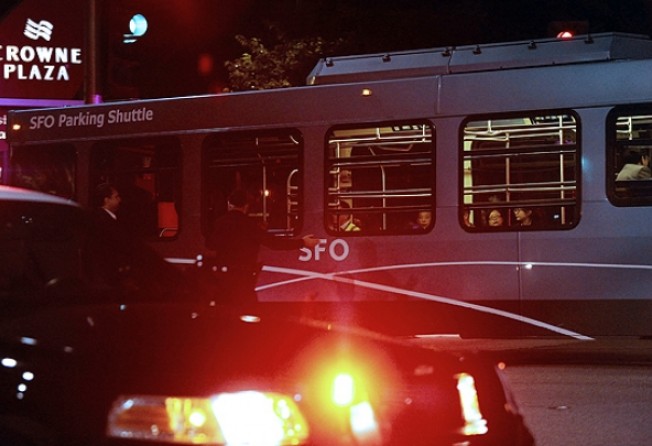Did Korean cockpit culture contribute to Asiana crash?
US investigators are examining if aspects of Korean social hierarchy played a role in the crash of Asiana flight 214 in San Francisco

A comment by the top US air safety official, assessing the Asiana Airlines crash in San Francisco, sounds innocuous to the average ear, but it might amount to a link with a remarkable 1999 crash of a Boeing 747 in London, and the hierarchical structure of Korean culture.
"We are looking at communication between the two crew members," US National Transportation Safety Board Chairman Deborah Hersman said from the scene where the South Korean Boeing 777 crashed on Saturday, killing two teenaged girls bound from China to a summer camp in the United States.
Investigators began interviewing flight crew amid mounting indications that pilot error may have caused the accident.
Flight data showed the plane had been travelling at about 106 knots (196km/h) when its tail slammed into a sea wall short of the runway - sharply lower than the target speed necessary for landing. "137 knots is the speed that they want to have when they cross the threshold of the runway," Hersman said, noting that the crew were tasked with ensuring the correct speed of the plane.
"The crew is responsible to make a safe approach to the airport. (Air traffic controllers) are not responsible for speed management on the aircraft."
Particular scrutiny of cockpit communication brings to mind the disaster that occurred on December 22, 1999, when Korean Air Cargo Flight 8509 plunged to the ground near London.
The investigation that followed, even when described in the terse terms of such reports, revealed a remarkable dynamic in the cockpit that has been linked to Korean social hierarchy.
When the plane took off after dark, the pilot's cockpit indicator, called an artificial horizon, wasn't working. But the copilot's was.
When the pilot began to execute a planned banked turn, the horizon instrument in front of him didn't register that the plane was already tilted. Unable to see that the plane already had banked, he continued to bank farther, even though a warning buzzer sounded nine times.
"There was no audible acknowledgment from any crew member regarding these warnings," said the final investigative report of the British Air Accidents Investigation Branch. The plane's wing tore into the ground. All four crew died.
The plane's pilot was Park Duk-kyu, a 57-year-old former air force fighter pilot. The first officer was Yoon Ki-sik, 33, who had far less experience.
The report said that though Yoon was communicating correct information to the tower, Park spoke at him in a "derogatory" way, saying: "Make sure you understand what ground control is saying before you speak."
What they were struggling with was a cultural legacy, that Korean culture is hierarchical. You are obliged to be deferential toward your elders and superiors in a way that would be unimaginable in the US
Seconds later, he barked: "Answer them! They are asking how long the delay will be."
"By making these comments, it is considered that the commander contributed to setting a tone which discouraged further input from other crew members," the report said.
When the plane went into its ill-fated bank less than a minute into the flight, the first officer said nothing, even though the instrument in front of him indicated that the plane was turned almost sideways, the report said.
Author Malcolm Gladwell examined the Korean culture's influence in airplane cockpits in his 2008 book Outliers. "Korean Air had more plane crashes than almost any other airline in the world for a period at the end of the 1990s," Gladwell said in an interview with Fortune magazine just after the book came out.
"What they were struggling with was a cultural legacy, that Korean culture is hierarchical. You are obliged to be deferential toward your elders and superiors in a way that would be unimaginable in the US."
In their formal recommendations, British investigators called on Korean Air "to promote a more free atmosphere between the captain and the first officer".
There has been no direct suggestion that the crash of flight 214 was caused by a communication failure. The NTSB would review what the pilot and co-pilot said regardless of their nationality.
Additional reporting by Agence France-Presse